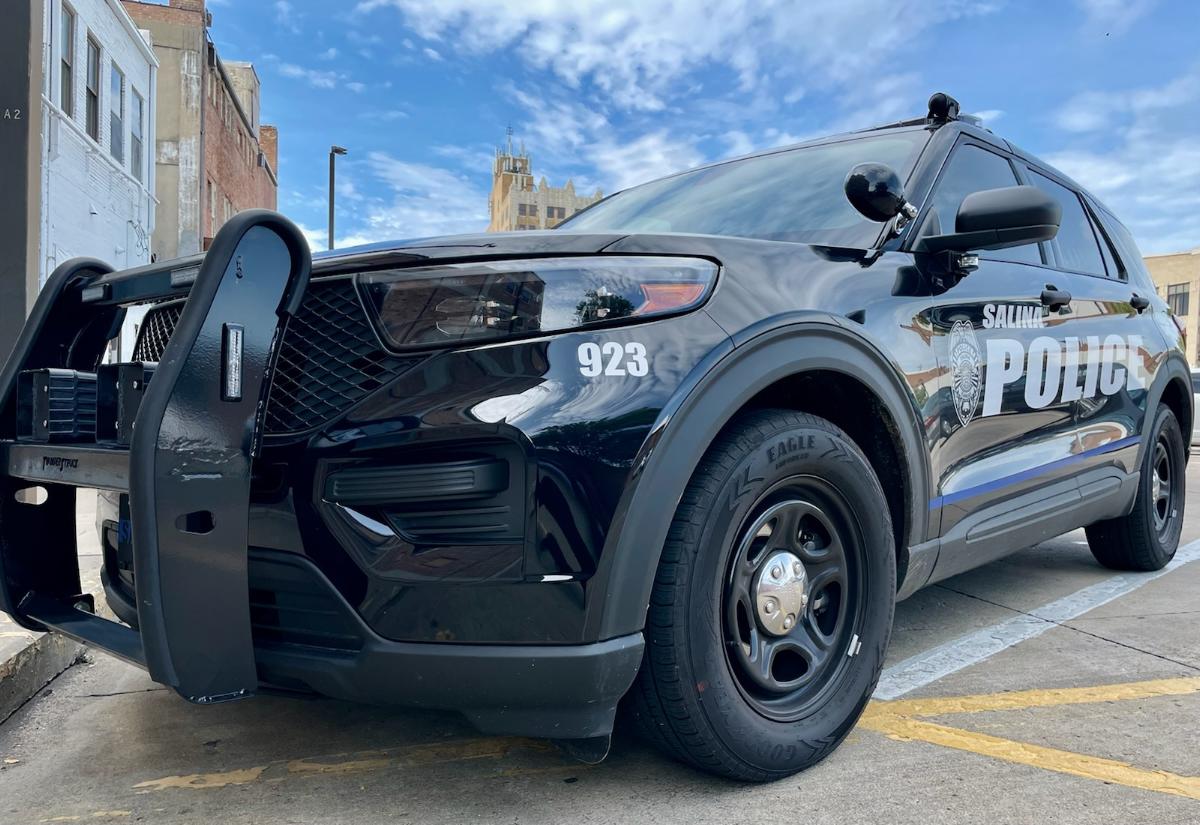In rural towns across Kansas, residents are often pressed – even during normal times – to find a reliable and safe source of food nearby.
The current outbreak of the novel coronavirus which causes the disease COVID-19 has made that challenge even greater in some parts of the state.
“Many small town grocery stores are adjusting their operations during this pandemic,” said David Procter, director of the Center for Engagement and Community Development at Kansas State University, who has studied the importance of grocery stores to rural communities.
Procter spoke recently on the K-State podcast, The Extension Files, produced by K-State Research and Extension.
Procter notes that the grocery store in rural communities is often a barometer of the economy in small towns.
“As the grocery store goes, so goes the local economy,” he said. “If you have small-town grocery stores that at this point in time are struggling, it has to have a ripple economic effect on other small businesses in that community.”
Procter said many rural communities are going to almost “heroic” lengths to keep their stores open, many now offering delivery or curbside pickup services that they had not offered prior to the pandemic.
“And some grocery stores are spearheading food giveaways,” Procter said. “There are these things called ‘Blessing Boxes’ where people provide food – not only the grocery store – and residents can provide extra food or products that people need, and others can come and pick those up for free.”
Some small grocery stores, he added, are now exploring online ordering, which has long been a challenge in rural communities because of the lower reliability of broadband service in those areas.
“One good thing that could come out of the other side of this is we have a grocery store infrastructure that is going to be more conducive to folks who maybe can’t physically get to the store,” Procter said. “That may include elderly people, or people with low income that don’t have reliable transportation. I think there are going to be more options for people to access groceries in a variety of ways that maybe they didn’t have before all of this happened.”
It’s an opportunity, perhaps, to close the digital divide, or disparity, that exists in access to the Internet between urban and rural areas across the country.
“I really hope so,” Procter said. “This is the time when we are realizing across the country, but certainly in rural areas, where Internet service is spotty, and just how important it is to have this service available. I would certainly hope that something would come out of this that would improve broadband access.
“I also think that folks are increasingly recognizing the importance of having some kind of food access in their community. I would not be surprised once this situation has improved that there is an increased push among some rural communities to establish local access to groceries and healthy food.”
Procter said the Center for Engagement and Community Development is available to help grocery store owners work toward improving infrastructure, including moving point-of-sale systems to an online process.
The Center is part of a Rural Grocery Initiative that includes the Kansas Health Foundation and Network Kansas to help grocery stores purchase point-of-sale systems. More information is available at www.ruralgrocery.org.
Other rural issues that Procter spoke about during the recent podcast include how the pandemic is affecting youth and public education; the inter-dependence of farm families during times of crisis; and how the COVID-19 pandemic is different from other natural disasters.
All of Procter’s podcast appearance can be heard here: http://extensionfiles.libsyn.com/rural-grocery-stores-and-sheltering-in-small-towns-david-procter
Image: Kansas State University



